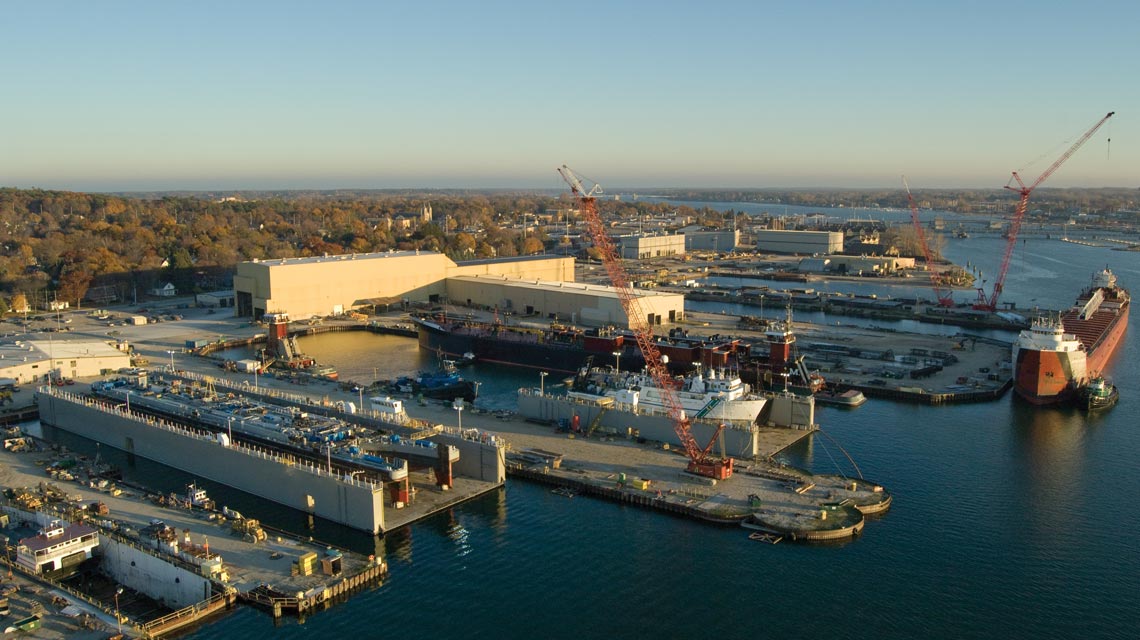
Blue Planet Blue Jobs Project funded by the United Nations
Women in Fisheries Society brings the traditional knowledge of canning fish to the present day as part of the Blue Planet Blue Jobs Project funded by the United Nations GEF Small Grants Programme (SGP).
Women in Fisheries Society has been carrying out the “Blue Planet Blue Jobs Project” with the financial support of the United Nations GEF Small Grants Programme (SGP) since February 2020 The Society is compiling homemade canned fish recipes with the aim of conserving and promoting the traditional methods for processing and preserving fishery products. The online trainings on how to make homemade canned fish in jars and tips for canning fish conducted by the Society has reached 236 families until now.
“I am extremely happy to see that the recipes that I’ve been applying for 30 years are disseminating. With the help of these recipes, people will both consume fish of their choice in all seasons in a much more healthy, nutritional, and affordable way and can also personalize the recipes according to their own taste. Unfortunately, fish consumption is limited to fresh fish in Turkey although it is surrounded by seas on three sides," said Sevinç Konkuş, who is a retired fisherwoman and the board member of the Society.
The Society also points out the problem of waste in the seas with the slogan of “Don’t Waste Your Fish, Can it in the Jar!” Post-harvest loss of fish in the sea and the problem of waste arise for different reasons on different scales. One of these reasons is discards problem. Certain part of the harvested fish is discarded because of its small sizes, its low market value and of the lack of market demand.
“Blue Economy is to protect the health of the marine ecosystem while improving the economic development and the livelihoods and achieving the sustainable use of marine resources for creating employment. However, Turkey has not used its full potential regarding the blue economy until now. The Blue Planet Blue Jobs Project has provided us with the opportunity to explore the healthy and efficient ways to utilize the seas and seafood and thanks to the project, we strive for sustaining the ecological balance of the seas and, in accordance with the blue economy," commented Kübra Ceviz Sanalan, the Chair of the Board of Women in Fisheries Society.
According to studies performed in Turkey, the discard rate in Turkey and neighboring seas varies between 6% and 45 percent. While dragnets and seine nets have an estimated discard rate of 8-9 percent, bottom trawl nets have an estimated discard rate of 45 percent. The discard rate was calculated to be 10,2 percent in another study conducted on the East Black Sea coasts.
Inadequate storage methods and ghost nets, which are abandoned hunting instruments that continue to fish in the sea, are two other causes of waste. For the sake of the fisheries sector and the protection of the oceans, we need policies and practices that promote the sustainable use of marine resources.
The Women in Fisheries Society is founded in 2019 by women (fishers, academicians, biologists, political scientists, aquaculture, ecosystem and planning experts) who met working for a marine protected areas project and who are specialized especially in marine and coastal conservation and in fisheries.
Maritime Business World





YORUM KAT